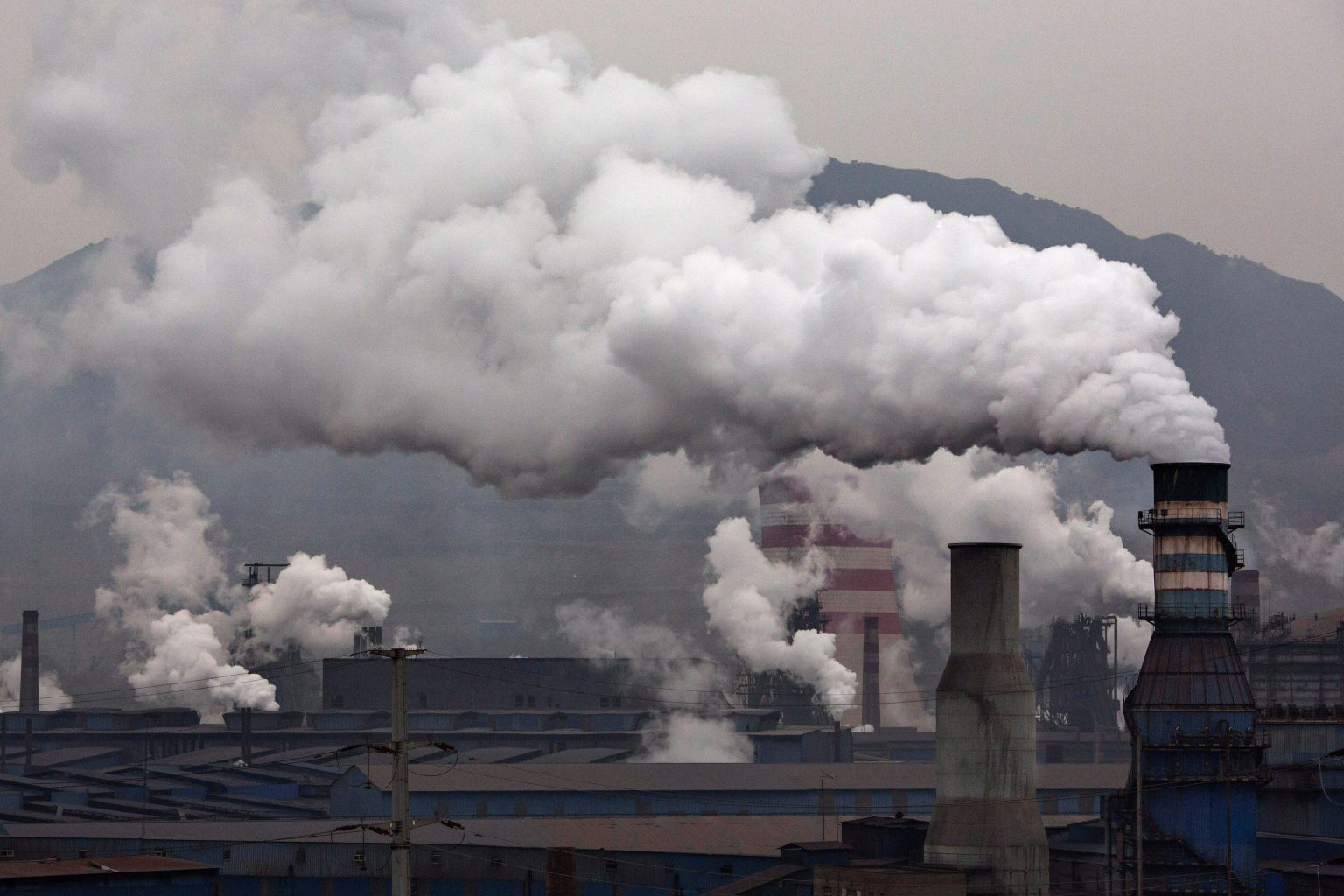President Joe Biden recently announced an increase in tariffs on Chinese-made electric vehicles, but despite this move, his administration’s green agenda ultimately benefits China. The plan to build “America’s clean energy future” has resulted in expensive gas, problematic regulations, and arbitrary environmental standards, ultimately benefiting the Chinese Communist Party (CCP) at the expense of U.S. prosperity and national security. The CCP has strategically leveraged the global environmental movement to position itself as a champion of climate change initiatives, while continuing to prioritize its own economic interests.
China has long benefited from international environmental agreements that place restrictions on U.S. energy production while allowing China to expand its coal power plants and fossil fuel production. Since Xi Jinping came to power in 2012, China has accelerated its strategy to gain an advantage over the U.S., especially under the Biden administration. Beijing has recognized that the administration prioritizes climate change as the top national security threat, allowing China to exploit this focus to push for climate agreements that favor its own interests.
China’s manufacturing sector now dominates the market for green energy products, such as solar panels and wind turbines, due to anticompetitive practices and subsidies from the CCP. The U.S. solar panel industry struggles to compete with Chinese products, which are often built using forced labor from the Xinjiang Autonomous Region, where China is committing human rights abuses against Uyghur Muslims. By relying on Chinese technology and products, the Biden administration’s clean energy goals are making America increasingly dependent on China for essential resources like rare earth elements.
The current trajectory of the Biden administration’s energy policies risks giving China even greater control over U.S. energy infrastructure and jeopardizing American jobs and economic security. It is crucial for the U.S. to reassess its approach to energy independence and prioritize American interests over enabling China’s economic dominance. By withdrawing from agreements that limit U.S. energy production and advantage the CCP, the U.S. can protect its national security and economic future while addressing environmental concerns in a more strategic and self-reliant manner.
Moving forward, the U.S. must confront China’s manipulation of climate initiatives and prioritize the American people’s well-being and national interests. It is essential to recognize China as a strategic adversary rather than an ally in the pursuit of sustainable energy practices. By reevaluating current policies and agreements that benefit China at the expense of American prosperity, the U.S. can mitigate the risks posed by Beijing’s exploitation of global priorities like climate change to advance its own agenda. This shift in approach is necessary to safeguard U.S. energy security and competitiveness in the years to come.







